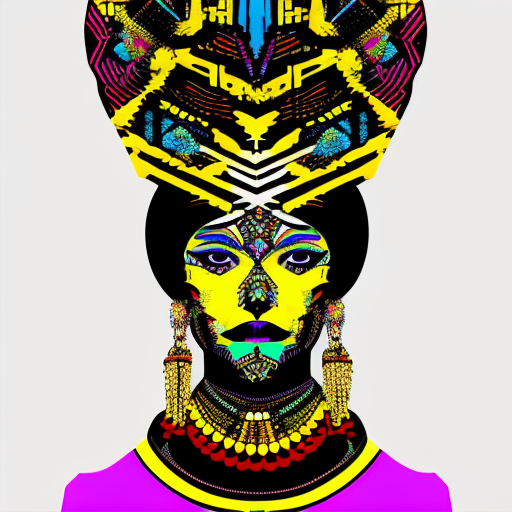One-line Summary:
Yellowface is a thought-provoking book that explores the complex issues of race, identity, and representation in the entertainment industry, highlighting the harmful effects of yellowface and the need for more authentic portrayals of Asian characters.
Unveiling the Layers of Yellowface
Yellowface, written by David Henry Hwang, delves into the controversial practice of yellowface in the entertainment industry. The term “yellowface” refers to the act of non-Asian actors portraying Asian characters through the use of makeup, prosthetics, and exaggerated stereotypes. Hwang, a renowned playwright and advocate for Asian American representation, provides a comprehensive analysis of the historical context, impact, and consequences of yellowface.
The book begins by tracing the origins of yellowface back to the 19th century, when white actors would darken their skin and use prosthetics to portray Asian characters on stage. Hwang highlights how this practice perpetuated harmful stereotypes and reinforced the notion of Asian people as exotic, foreign, and inferior. He further explores how yellowface has persisted throughout the years, both in theater and in film, despite the progress made in other areas of representation.
The Harmful Effects of Yellowface
Hwang emphasizes the damaging effects of yellowface on Asian communities and the broader society. By reducing Asian characters to caricatures, yellowface perpetuates harmful stereotypes and reinforces the idea that Asian people are perpetual foreigners. This not only limits the opportunities for Asian actors but also perpetuates discrimination and racism against Asian individuals in real life.
Moreover, yellowface erases the authentic experiences and narratives of Asian people, denying them the opportunity to tell their own stories and contribute to the cultural landscape. Hwang argues that this erasure is not only detrimental to Asian communities but also to the richness and diversity of society as a whole.
The Call for Authentic Representation
Throughout Yellowface, Hwang advocates for more authentic representation of Asian characters in the entertainment industry. He highlights the importance of allowing Asian actors to portray Asian characters, as they bring a depth of understanding and lived experience that non-Asian actors simply cannot replicate. Hwang argues that authentic representation not only provides more accurate portrayals of Asian people but also challenges stereotypes and promotes empathy and understanding.
In addition to calling for change within the industry, Hwang also encourages individuals to critically examine their own biases and assumptions about race and representation. He emphasizes the need for audiences to demand more diverse and authentic stories, supporting projects that prioritize inclusivity and challenge the status quo.
Key Takeaways:
- Yellowface is a harmful practice that perpetuates stereotypes and limits opportunities for Asian actors.
- Authentic representation is crucial for challenging stereotypes and promoting empathy.
- Individuals can contribute to change by supporting diverse and inclusive projects.
“Authentic representation is not just about giving jobs to actors of color; it is about allowing all of us to see ourselves reflected in the stories that shape our culture.”
Yellowface is a powerful exploration of the damaging effects of yellowface in the entertainment industry. Through a historical lens, Hwang exposes the harmful stereotypes perpetuated by yellowface and calls for more authentic representation of Asian characters. The book serves as a wake-up call, urging both the industry and audiences to challenge the status quo and embrace the richness and diversity that authentic representation brings.












